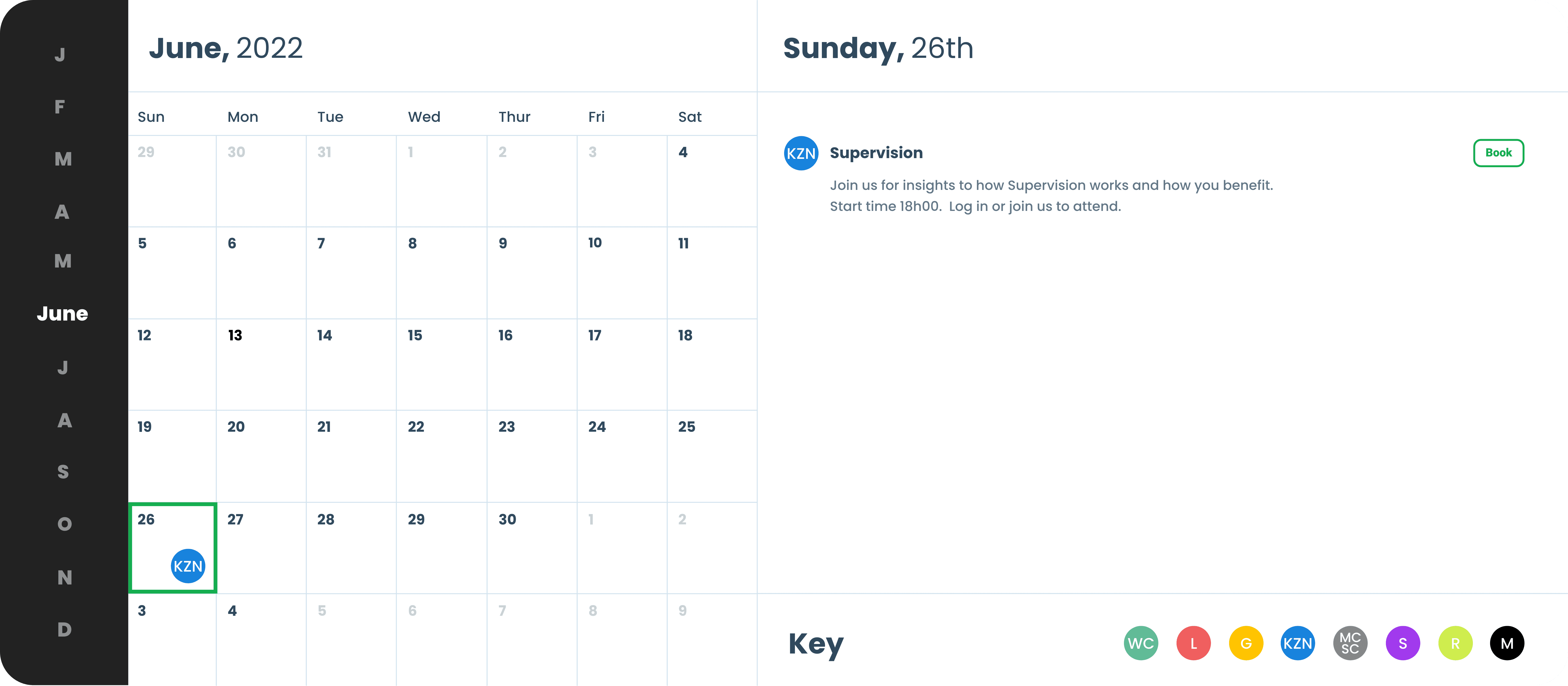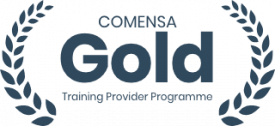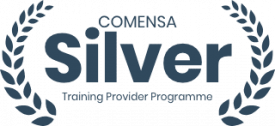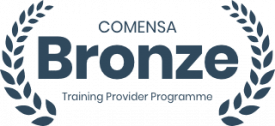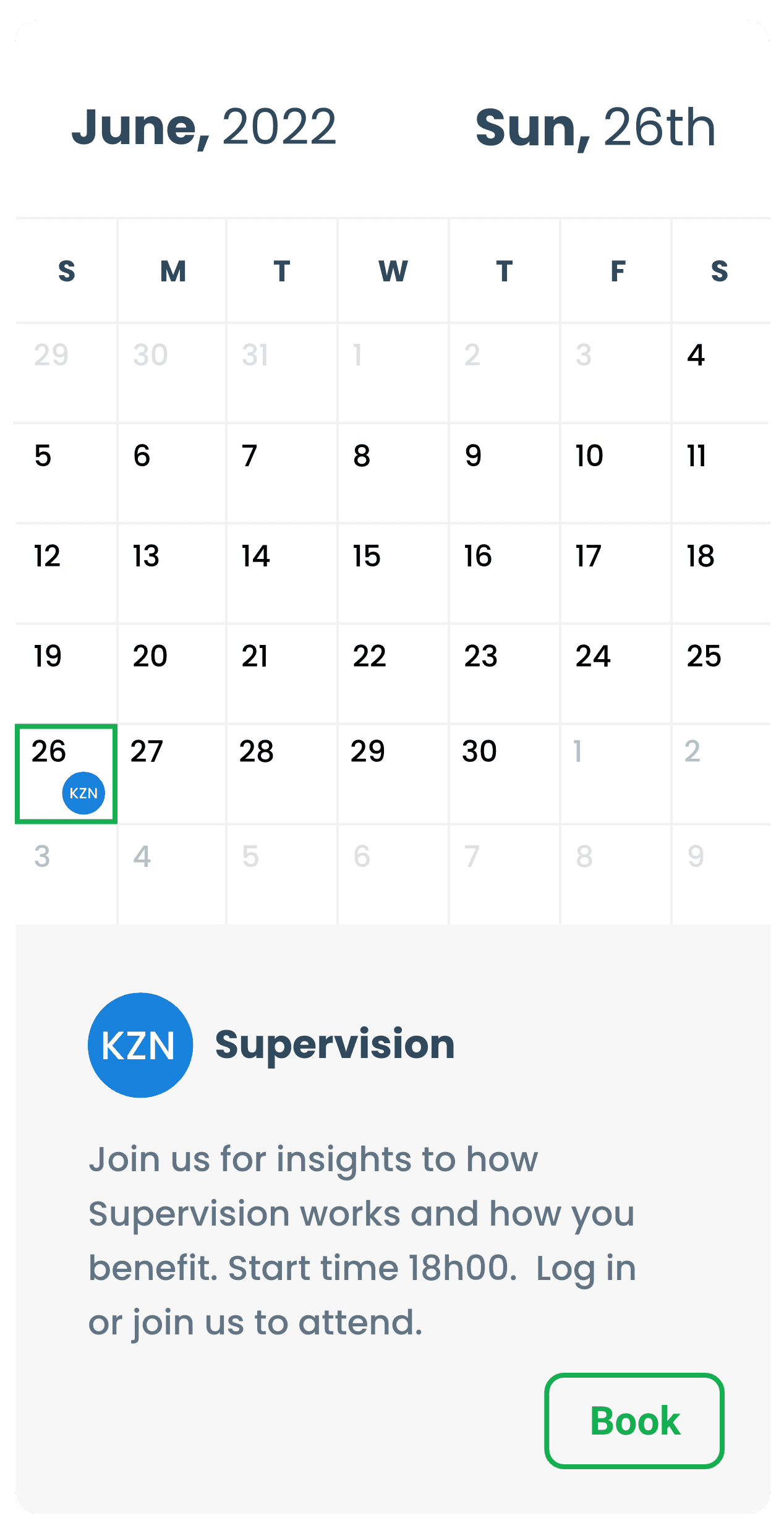WELCOME TO COMENSA
COACHES AND MENTORS OF SOUTH AFRICA
In a world of constant change, coaching and mentoring are playing an
increasing role in empowering future generations to realise their full potential.
To meet this need, COMENSA ensures that the highest standard of professional
service is provided by serving as the globally recognised, self-regulatory,
professional body for coaching and mentoring in South Africa.
ABOUT COMENSA
Inspire | Enlighten | Empower
We provide a platform for all stakeholders to engage, educate, exchange, and evolve in pursuit of best practice.
We support the ongoing evolution of coaches and mentors through the promotion
of diversity, inclusion, education, and networking through our community of practitioners.
We reinforce professionalism through a process of credentialing,
the maintenance of participation and continued education tracking.
COMENSA VALUES
Accountability | Integrity | Inclusivity | Professionalism | Innovation
Accountability As a Professional Body, we are accountable for our
actions and behaviours to deliver results for the benefit of all our stakeholders.
Integrity We commit to maintaining trust and credibility,
through honest and transparent undertakings that are congruent
with our values, policies and professional purpose.
Professionalism We deliver our services according to professional standards,
and commit to continuous improvement thereof to the benefit of all our stakeholders.
Inclusivity We welcome non judgemental diversity amongst our members
and the value it brings to the coaching and mentoring professions.
Innovation We embrace a change mindset, being open to new ideas,
improvements and technology.


COACHING VS MENTORING
Understanding the difference

COACHING
COMENSA defines coaching as “a professional, collaborative and outcomes-driven method of learning that seeks to develop an individual and raise self-awareness so that he or she might achieve specific goals and perform at a more effective level”.

MENTORING
COMENSA defines mentoring as “a partnership in which a mentee is assisted in making significant advances in knowledge, perspective and vision in order to develop their full potential; the mentor’s wisdom is utilised by the mentee to facilitate and enhance new learning and insight”.
The benefits of JOINING COMENSA
As you progress from the first step of registering with COMENSA as a Student or Ordinary Member, you will enjoy an increasing array of benefits.
Find more information on which category of membership you qualify for as well as the detail of our very affordable membership fees on our Membership page.

Training Provider Programme (TPP)
How do Training Provider Programmes work, and why are they vital to the coaching and mentoring professions?
The extensive array of COMENSA approved Training Provider Programmes are vetted to strict standards to further the development of coaches and mentors, helping them maintain their CPD points as well as to stay abreast of rapidly developing industry knowledge.
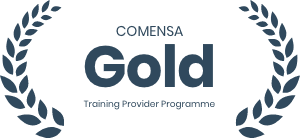
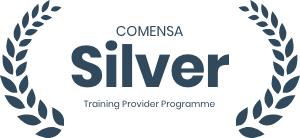
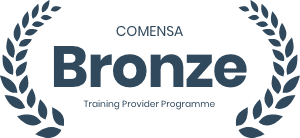
EVENT CALENDAR
COMENSA holds a diverse range of events each month, providing insight to the latest coaching and mentoring trends and developments, and the opportunity to earn CPD points.
COMENSA prides itself on the diverse range of events held every month. Providing insight to the latest coaching and mentoring trends and developments.
Each event is hosted by one of our four regional chapters: Gauteng, KwaZulu-Natal, Western Cape, and Limpopo, or by the specialised portfolio committees: Supervision, Marketing, Membership Criteria and Standards of Competence (MCSC), Research, or Social and Ethics.
The majority of our events are presently hosted online and are available free to everyone registered with COMENSA. If you are not yet registered, join us now to have access to this invaluable resource.
Face to face networking events will be returned to as soon as appropriate and will be held in each of the regions. Attendance is free for members and attracts a small fee for non-members.
WELCOME TO COMENSA
COACHES & MENTORS OF SOUTH AFRICA
In a world of constant change, coaching and mentoring are playing an increasing role in empowering future generations to realise their full potential.
ABOUT COMENSA
Inspire | Enlighten | Empower
We provide a platform for all stakeholders to engage, educate, exchange, and evolve in pursuit of best practice.
We support the ongoing evolution of coaches and mentors through the promotion of diversity, inclusion, education, and networking through our community of practitioners.
We reinforce professionalism through a process of credentialing, the maintenance of participation and continued education tracking.
The benefits of
JOINING COMENSA
As you progress from the first step of registering with COMENSA as a Student or Ordinary Member, you will enjoy an increasing array of benefits.
Find more information on which category of membership you qualify for as well as the detail of our very affordable membership fees on our Membership page.
Training Provider
Programme (TPP)
How do Training Provider Programmes work, and why are they vital to the coaching and mentoring professions?
The extensive array of COMENSA approved Training Provider Programmes are vetted to strict standards to further the development of coaches and mentors, helping them maintain their CPD points as well as to stay abreast of rapidly developing industry knowledge.
EVENT CALENDAR
COMENSA holds a diverse range of events each month, providing insight to the latest coaching and mentoring trends and developments, and the opportunity to earn CPD points.
COMENSA prides itself on the diverse range of events held every month. Providing insight to the latest coaching and mentoring trends and developments.
Each event is hosted by one of our four regional chapters: Gauteng, KwaZulu-Natal, Western Cape, and Limpopo, or by the specialised portfolio committees: Supervision, Marketing, Membership Criteria and Standards of Competence (MCSC), Research, or Social and Ethics.
The majority of our events are presently hosted online and are available free to everyone registered with COMENSA. If you are not yet registered, join us now to have access to this invaluable resource.
Face to face networking events will be returned to as soon as appropriate and will be held in each of the regions. Attendance is free for members and attracts a small fee for non-members.
Like if you enjoyed this month’s Newsflash
Like if you enjoyed this month's Newsflash
Like if you enjoyed this
month’s Newsflash



